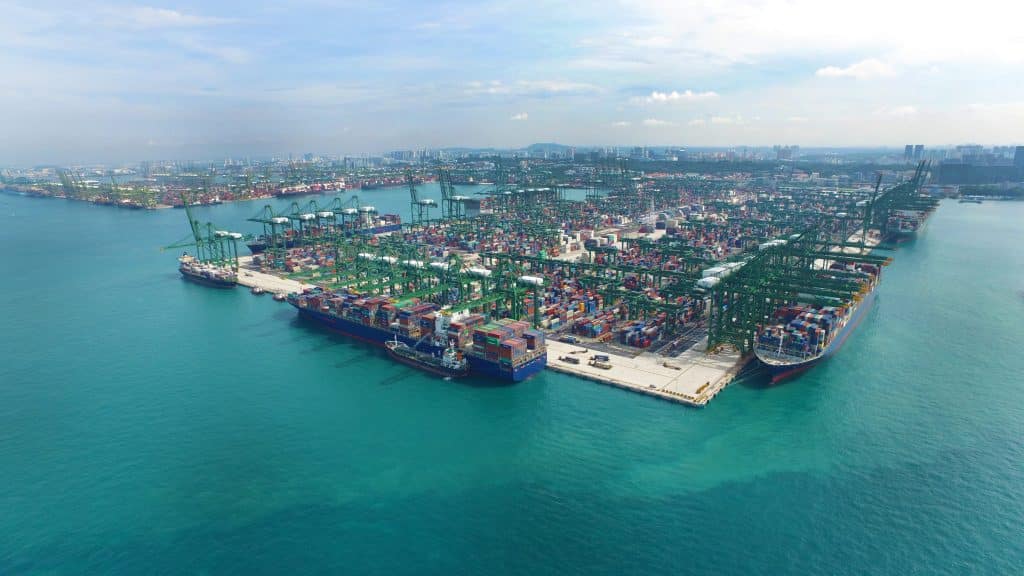Shippers, carriers get ready for tighter customs rules at Singapore from September
Singapore's Revised Free Trade Zone Regime and Its Impact on Cargo Compliance

In March 2024, Singapore introduced a revised Free Trade Zone (FTZ) regime, mandating advanced or pre-filing of cargo information for export, import, and transshipment activities. Under this new regulation, cargo owners are required to submit import data for long-haul trades at least 12 hours before the vessel arrives at the Singapore Port. For short-haul trades, the submission must be completed before the vessel departs from the port. Export cargo information, on the other hand, must be filed within 24 hours after the vessel’s departure. Failure to comply with these deadlines could result in significant penalties for shipping agents, which would ultimately affect cargo owners.
Singapore Customs has emphasized that cases of late, missing, or inaccurate submission of Bill of Lading (B/L) data will be reviewed individually to determine the appropriate penalties. Hapag-Lloyd, a major shipping carrier, has highlighted in a customer advisory that any non-compliance with these requirements, without reasonable excuse, could lead to serious legal consequences. Offenders may face fines of up to SGD 10,000, imprisonment for up to 12 months, or both, under Section 14N of the Act.
Industry experts express concerns over the challenges posed by these new regulations, particularly given the complexity of global supply chains and the extensive data management involved. The implementation of these regulations, initially set for 31 August 2024, has been delayed several times, as industry groups continue to work with customs authorities to resolve operational issues.
For instance, the Chennai and Ennore Ports Steamer Agents’ Association (CHENSAA) recently highlighted several operational challenges their members have encountered. These ongoing discussions indicate the industry’s efforts to ensure a smoother transition to the revised FTZ regime, while also addressing the concerns of service providers and stakeholders.
